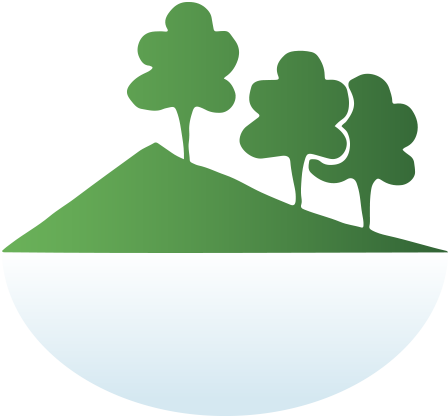Reading
Curriculum Intention:
At Woodridge, we value reading as a key life skill, vital for pupils' success and we are dedicated to enabling our pupils to become lifelong readers with a love for stories, vivid imagination and a thirst for knowledge. Teachers use a variety of strategies to ensure pupils are receptive and engaged with the fundamental skills and competencies of reading. Shared reading sessions allow children to have the opportunity to develop reading strategies, comprehension and discuss texts in detail, forming personal opinions. Additionally, independent reading provides time for building fluency and stamina, assessment and one-to-one teaching.
All pupils have access to books from their class book corners, the school library, and the Barnet School Libraries Service. Pupils are encouraged to access a range of genres, including fiction, non-fiction, poetry, newspapers and biographies, whilst at school and at home. We encourage our children to become enthused and excited by reading, through the whole school celebration of focused days/weeks (World Book Day/Author weeks) and through assemblies.
Curriculum Implementation:
In EYFS and KS1, Phonics is taught on a daily basis following Letters and Sounds. For reading, we use the Oxford Reading Tree scheme. Children read individually with a teacher weekly and are sent home with books linked to the phoneme they are learning and appropriate to their ability. Progress is recorded in reading journals which are completed by both school staff and parents.
At Key Stage 1, Reading for Pleasure takes place daily for thirty minutes daily using a carousel approach. Adults read with children at least once a week, with weaker readers being heard more regularly. Volunteer readers also support children and guided reading records are used to make a link between home and school reading.
The school has a weekly visit from Archie the cockapoo who supports reluctant readers following the Read2Dogs model.
For pupils at an early Key Stage 1 phase, teaching will be mainly focused on establishing and developing phonic skills, vocabulary and a basic understanding of content meaning in a group environment. Pupils at a later Key Stage 1 phase will continue developing these skills whilst taking on more complex words, grammar and texts. Pupils are increasingly encouraged to read independently at allocated times to help develop an enjoyment of reading.
At Key Stage 2, Reading for Pleasure is carried out daily. The format includes modelling reading to support fluency and expression, activating background knowledge, shared close reading and an independent activity. Questions are asked to support comprehension, vocabulary development, summarising skills and inference.
In lower Key Stage 2, the emphasis is more on comprehension than word reading but pupils increase their understanding of different and more complex words. Greater independence allows the development of attitudes and understanding of what they read.
Upper Key Stage 2 focus on diversifying their reading repertoire to multiple text types and styles. Alongside independent silent reading, group discussions takes place so pupils can share opinions on what they have read.
In Years 1 to 6, ten minutes silent reading takes place every day after lunch. In Key Stage 2, children record their independent reading on a online blog, with a blog question posed by their teacher each week.
Children not reaching ARE continue to use guided reading records to monitor their progress and are supported by their teacher, TAs and volunteer readers.
At the end of each day, every class listens to the teacher reading their class book. This could be linked to their topic or selected by pupil vote. This time is highly valued by both staff and children, as it provides another opportunity for children to access high quality books potentially from a genre unfamiliar to them and enables a shared experience. It also provides an opportunity for Book Talk.
Through the teaching of systematic phonics, our aim is for children to become fluent readers by the end of Key Stage One. This way, children can focus on developing their fluency and comprehension as they move through the school.
Attainment in phonics is measured by the Phonics Screening Check at the end of Year 1. Attainment in reading is measured using in-house Key Stage 1 assessments and the statutory assessments at the end of Key Stage 2. These results are measured against the reading attainment of children nationally and are used internally to adapt teaching and tailor support where needed.
Teachers in Years 1 to 6 measure progress in reading half termly, through a combination of summative and formative assessments. Shared reading, targeted questioning, independent activities and more formal tests are used to assess and then results are fed back at termly Pupil Progress Meetings. This information then leads to changes in strategy, teaching and intervention support.
We firmly believe that reading is the key to all learning and so the impact of our reading curriculum goes beyond the results of the statutory assessments. We promote reading for pleasure as part of our reading curriculum and aim to give all children the opportunity to enter the magical worlds that books open up to them. Children are encouraged to develop their own love of genres and authors and to review their books objectively. This enhances a deep love of literature across a range of genres, cultures and styles.
English Subject Leader - Mrs Lisa Hooper
